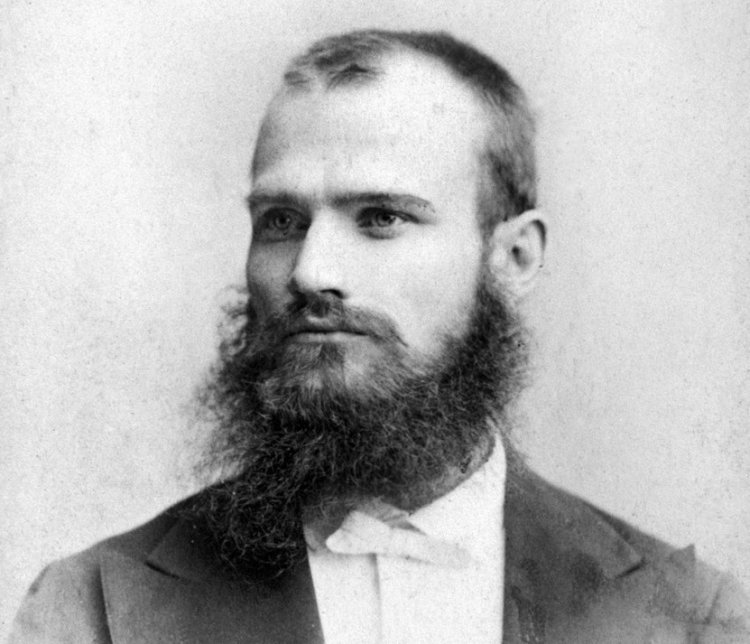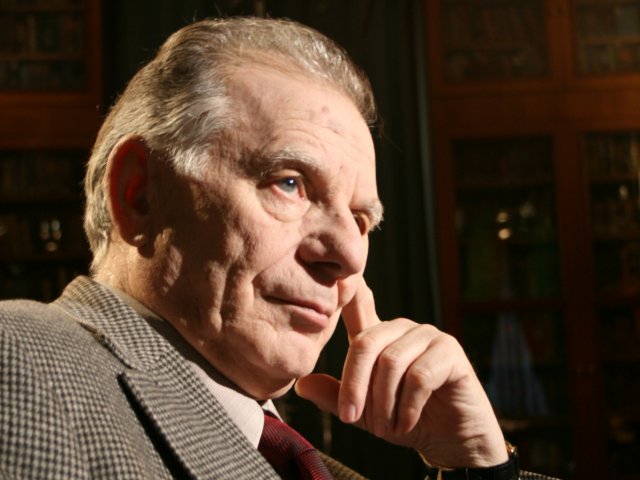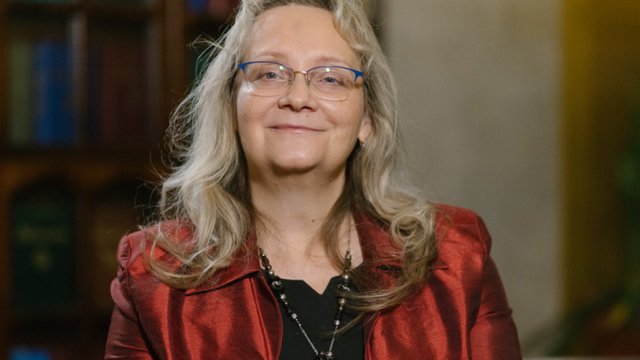Official:
Ivan Aleksandrovich Boduen de Kurtene (also known as Jan Niecisław Ignacy Baudouin de Courtenay). 1 (13) March 1845 – 3 November 1929. Russian linguist, pioneer of phonology and experimental phonetics, mathematical linguistics, and structuralism. Corresponding member of the Petersburg Academy of Sciences.
Life and Work:
1. In 1922, the linguist who considerably expanded Dahl’s Explanatory Dictionary was nominated for the Polish presidency. Boduen de Kurtene was not elected president and he did not want to become president either because the outstanding linguist of the day as he was described by the Brockhaus and Efron Encyclopedic Dictionary held no interest in political shakeups. It was enough for him to take the science of language to the next level.
2. The pioneer of phonology and experimental phonetics, mathematical linguistics, and structuralism, Boduen de Kurtene developed the idea of phoneme and the theory of phonetic alternations. But the true revolution in linguistics that the scientist made was that the linguists before him studied languages by written artifacts. In his works, the scientist proved that the language essence is its oral activity meaning that it is necessary to study living languages and dialects. Thus, and only this way, can we understand the functioning mechanism of the language and test scientific theories.
3. Boduen de Kurtene came from the French noble family related to the younger son of king Louis VI Capet. At the turn of the 17th—18th centuries, one of his ancestors immigrated to Poland and was appointed colonel of the Foreign Guards at the court of king August II the Strong.
4. The father of the future linguist was a surveyor in Radzymin, a town not far from Warsaw where the scientist was born. He was born Jan Niecisław Ignacy Baudouin de Courtenay.
5. The outstanding scholar of language received his master’s degree from the Warsaw Main School later transformed into the Imperial Warsaw University. In that school, Boduen de Kurtene studied history and languages.
6. Boduen de Kurtene went abroad to improve his training. He studied at various foreign universities, including those of Prague, Jena, and Berlin, at the expense of the Russian Ministry of Education. Boduen de Kurtene received a doctorate from the University of Leipzig for the study of the old Polish language. At Saint Petersburg University, Boduen de Kurtene defended his doctoral thesis titled “Phonetics Experience of the Resian Dialects.” For this work, the scientist received the Uvarov Prize from the Saint Petersburg Academy of Sciences.
7. Apart from Saint Petersburg University, Kazan University, and University of Dorpat, the Jagiellonian University in Kraków also had the honor to name the outstanding linguist their professor as Boduen de Kurtene established the renowned Kazan School of Linguistics and was chosen as the head of Linguistics Faculty in Dorpat and Kraków.
8. After Poland regained independence in 1918, the scientist returned to Warsaw where he made up a core of the Faculty of Linguistics at Warsaw University.
9. In 1887, Boduen de Kurtene was elected a member of the Polish Academy of Arts and Sciences. In 1897, he earned a seat in the Saint Petersburg Academy of Sciences.
10. Boduen de Kurtene wrote scientific works not only in Russian and Polish, but also in German, French, Czech, Italian, Lithuanian, and other languages.
11. By preparing a new revision of Dahl’s Explanatory Dictionary, Boduen de Kurtene added new words, including vulgarities and pejoratives. For this breakthrough, the scientist came under fire from his colleagues. During the Soviet time, Dahl’s Explanatory Dictionary was published without Boduen de Kurtene’s revisions.
12. The well-informed scientist believed that linguistics should rely on achievements in psychology and sociology as the linguist needs information from ethnic studies, archaeology, and cultural history. Boduen de Kurtene was first to apply mathematical models in linguistics.
13. Back in 1904, Ivan Aleksandrovich was invited to join the Russian Orthography Commission of the Saint Petersburg Academy of Sciences. Its work led to the spelling reform the authorities got around to only after the revolution. Later, there were jokes that of all the consultants taking part in the reform only Boduen de Kurtene was shortened relatively less than others as only his last name did not have the hard sign written at the end and canceled by the reform.
14. It is no coincidence that Boduen de Kurtene was nominated for presidency. He had been an avid politician since the 1910s. In 1915, the scientist spent three months in jail over his brochure titled “National and Territorial Aspects in Autonomy.” The outstanding linguist advocated the cultural independence of Poland and the equal rights of the Polish and Russian languages and joined the Society of Friends of Polish Independence.
15. After relocating to Poland in 1918, Boduen de Kurtene continued his political activities advocating this time the rights of Russians and Jews living in the country. The national minorities nominated Boduen de Kurtene for presidency.
16. According to a British historian, Norman Davies, Boduen de Kurtene was one of the most outstanding Polish thinkers at the turn of the ages. “A pacifist, an environmentalist, a feminist, a progressive educationist, and a freethinker,” Davis wrote.
17. Boduen de Kurtene’s elder daughter, Cezaria, was a professor of ethnic studies at Warsaw University and later rector of Polish University in exile. Her first husband was the noted German linguist Max Vasmer.






















